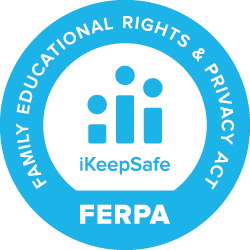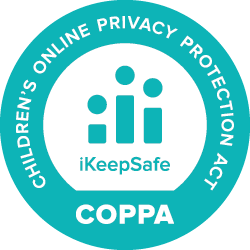It is long overdue that students in rural America have the same opportunities and access to high-quality STEM education, workforce development, and career preparation as those in metropolitan areas.
A lack of career awareness and preparation resources leads to students leaving already very distressed areas in search of stable employment—perpetuating the depreciation of the area’s economy and workforce pipeline. Particularly in areas transitioning to new industries as primary drivers of the local economy, there must be clear pathways from classroom to career to ensure students can take advantage of emerging job opportunities, be aware of and complete industry certifications, and make the most of higher education.
The pandemic affected every facet of life. It especially changed the dynamic of the workforce and education and tested schools’ ability to adapt to online/hybrid learning. When COVID forced schools in Doddridge County, West Virginia, to transition to blended and remote learning, Superintendent Adam Cheeseman knew that some families would struggle to access the internet.
This challenge presented an opportunity to leverage an existing partnership. With Citynet (a local internet provider) and JASON Learning, Doddridge developed a program that brought internet access to the entire county while allowing students to serve as real-world tech support for the new network. In addition to providing the infrastructure, Citynet executives and employees served as real career role models for the students, offering in-person mentorship and coaching while helping them problem-solve real-life technology tickets they encounter on the job.
It’s important for us to introduce our students to not only private industries, but to the heads of those industries and the people who work in those industries, so they can look up to them as role models, to learn from them, but also so that they can walk right out of Doddridge County High School and into a real-world position.
Adam Cheeseman, Superintendent of Doddridge County Schools.
The localized curriculum, “Internet for All,” provided the initial opportunity for students to apply their STEM knowledge and skills to give back to their local community through a “community challenge.” During the experiential curriculum and as part of the program, students were challenged to develop and implement a small business concept to provide tech support services for first-time internet users as access was expanded throughout the rural region. The challenge provided students with practice engaging with a real-world problem and developing a solution using tech skills developed in the classroom and an entrepreneurial mindset inspired by Citynet’s employee role models.
The Citynet team served as mentors to the students and created an escalation or ticketing system where they could step in to address more difficult or complex customer issues and provide coaching, mentorship, and clear “teachable moments” for students. This hyper-local approach solved two problems for Doddridge.
- It provided a way to extend internet access to needy families
- It gave local students access to real-world learning opportunities, with a clear pathway to a potential high-demand career.
In addition to Internet for All, in partnership with JASON and local businesses, we have developed two other localized STEM curriculum units and are working on the fourth:
- Designing to Make a Difference: Civil engineering, architecture, and construction careers in partnership with Triple H Enterprises
- Keeping You in the Comfort Zone: HVAC technician careers in partnership with City Construction
- STEM Ready: Careers in Energy in partnership with Marathon Petroleum
The success of these localized curricula not only opens many windows of opportunity for students in Doddridge County, but it impacts and empowers students nationwide. Anyone who has access to JASON Learning is able to utilize the curriculum. As a result of our partnership, students across the country will have high-quality curricula that lead to career pathways in broadband technology, construction, HVAC, and energy—all of which require a strong foundation in STEM now more than ever. As leaders in STEM education, we owe it to our students to ensure they have the most authentic, engaging, and relevant curricula and resources possible—no matter where they live or what background they come from.
Co-written by Morgan Cline and Eleanor Smalley



